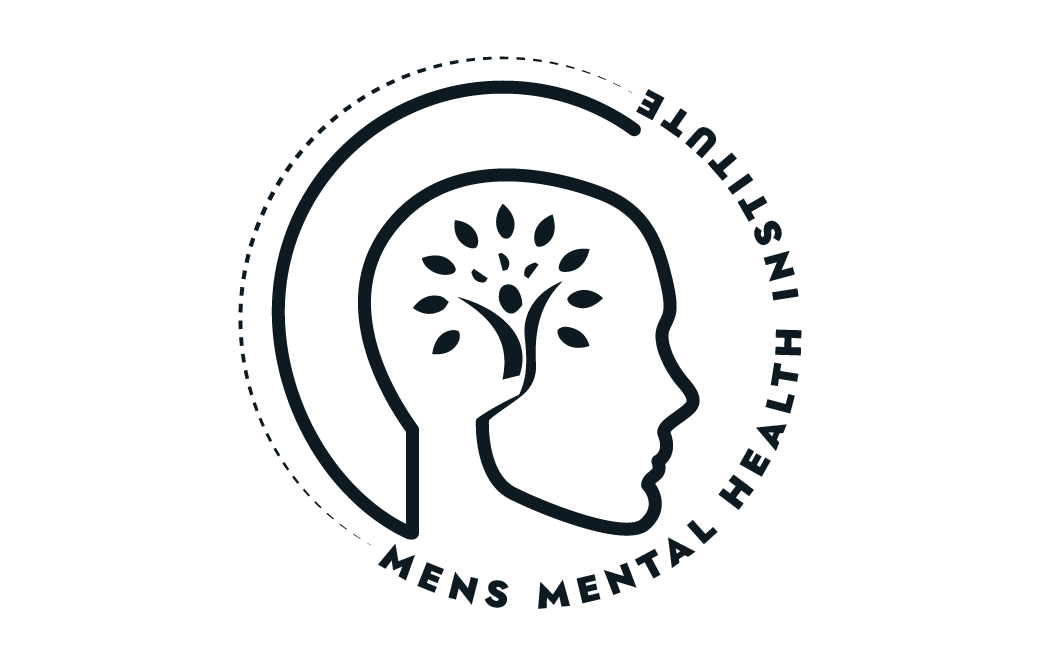The Redpill Narrative and Its Clash With Real Life
Many men come across the “redpill” community, a set of ideas claiming to expose “truths” about women, dating, and masculinity. It often promotes rigid, cynical views: women are manipulative, dating is a game of power, and traditional masculinity is under attack.
From a behavioralist and social psychology viewpoint, the redpill framework can function as a coping mechanism for men feeling rejected or powerless in modern dating. It offers a sense of control and belonging but can oversimplify complex human behavior and relationships into black-and-white categories.
Neuroscience shows human relationships are regulated by complex brain systems involving attachment, reward, and social cognition. Reducing this to simplistic “us vs them” narratives misses the nuanced reality of emotional connection and vulnerability.
Evolutionarily, human mating strategies are diverse and context-dependent; neither “redpill” absolutism nor its direct opposites capture the fluid, relational nature of attraction and partnership.
The mental health field often struggles with these communities, either dismissing them outright or ignoring the legitimate frustrations men express. Overdiagnosis or mislabeling men who engage with redpill ideas can prevent real healing and growth.
Therapeutic Strategies for Navigating These Beliefs
Cognitive Behavioral Therapy (CBT)
Helps men critically examine redpill beliefs, testing their accuracy and impact on behavior and relationships.
Emotion-Focused Therapy
Supports men in exploring underlying feelings of hurt, rejection, and loneliness behind the redpill mindset.
Dialectical Behavior Therapy (DBT)
Teaches mindfulness and emotional regulation skills, helping men tolerate uncertainty and complexity in relationships.
Narrative Therapy
Encourages rewriting one’s story beyond rigid labels, opening up new possibilities for identity and connection.
What Men Can Gain by Moving Beyond Redpill Simplifications
Mentally, they build emotional resilience and reduce anger or bitterness.
In relationships, they develop richer, more authentic connections based on mutual respect and vulnerability.
Socially, they foster healthier communication and community ties.
Financially, greater emotional balance supports professional growth and decision-making.
Understanding the gap between redpill ideology and real-life relationships allows men to reclaim agency, not through rigid rules, but through self-awareness, empathy, and honest connection. Therapy rooted in brain science and relational psychology can guide this journey.








